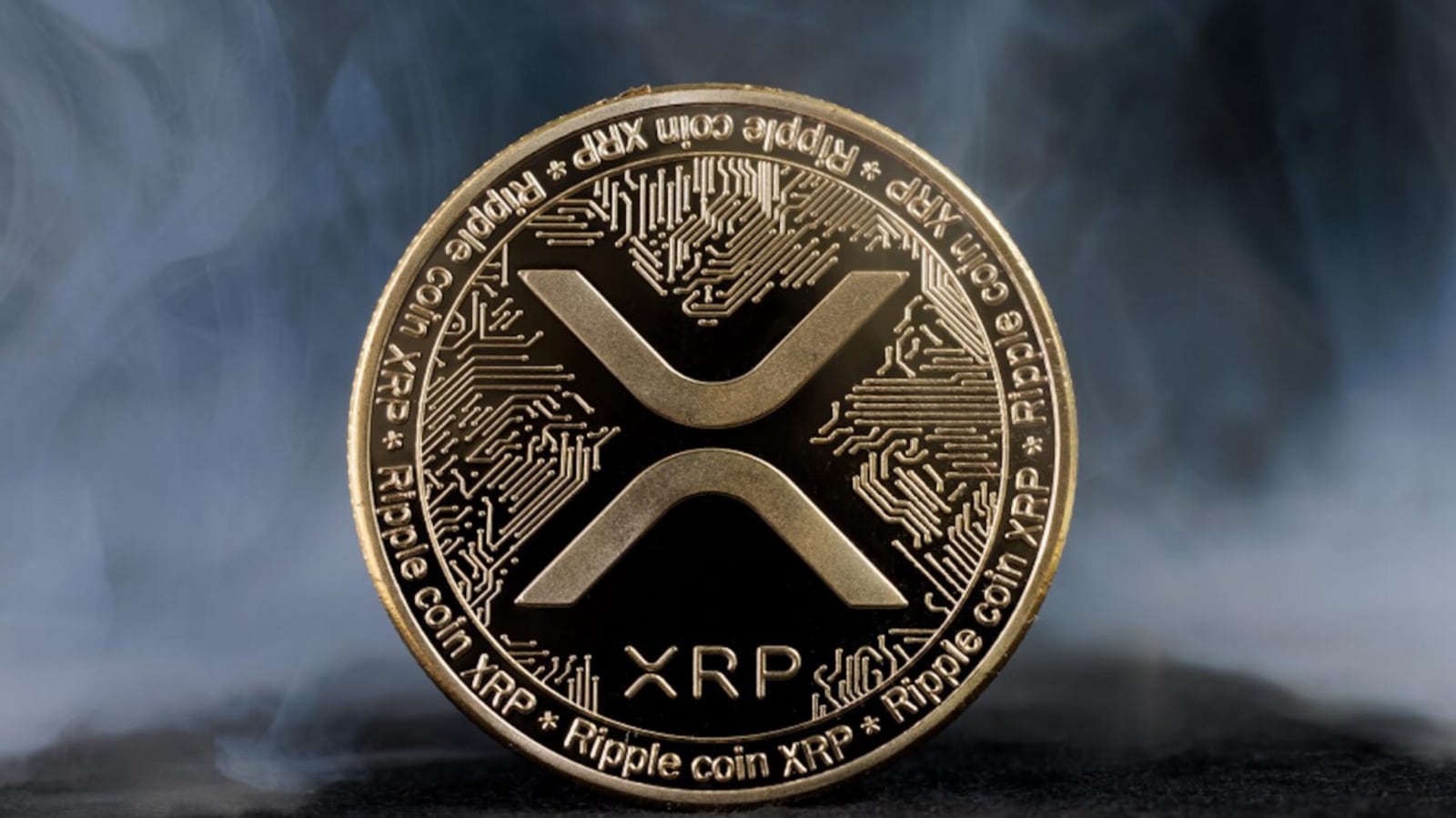
Ripple (XRP) is a digital payment protocol and cryptocurrency that has been making waves in the financial world. Unlike Bitcoin, which aims to replace traditional currency, Ripple focuses on facilitating real-time, cross-border payments for banks and financial institutions. But what makes Ripple unique? For starters, it doesn't rely on traditional blockchain mining. Instead, transactions are validated through a consensus protocol, making them faster and more energy-efficient. Did you know that Ripple's network can handle up to 1,500 transactions per second? That's significantly more than Bitcoin and Ethereum. Intrigued yet? Let's dive into 25 fascinating facts about Ripple that will give you a deeper understanding of this innovative cryptocurrency.
What is Ripple (XRP)?
Ripple (XRP) is a digital payment protocol and cryptocurrency designed to facilitate fast, low-cost international money transfers. It aims to revolutionize the way financial institutions conduct cross-border transactions.
- Ripple was created in 2012 by Chris Larsen and Jed McCaleb.
- XRP is the native cryptocurrency of the Ripple network.
- Ripple's primary goal is to enable secure, instant, and nearly free global financial transactions.
How Ripple Works
Understanding how Ripple operates can help grasp its potential impact on the financial world. Unlike traditional cryptocurrencies, Ripple uses a unique consensus algorithm.
- Ripple uses a consensus ledger and a network of validating servers.
- Transactions on the Ripple network are confirmed in just 3-5 seconds.
- Ripple can handle 1,500 transactions per second, significantly more than Bitcoin.
Ripple vs. Traditional Banking
Ripple aims to improve upon traditional banking systems by offering faster and cheaper alternatives for international money transfers.
- Traditional bank transfers can take 3-5 days to complete.
- Ripple transactions cost a fraction of a cent.
- Ripple's technology is already being used by over 300 financial institutions worldwide.
Ripple's Unique Features
Ripple stands out due to its distinctive features that set it apart from other cryptocurrencies.
- RippleNet is a decentralized network of banks and payment providers.
- XRP Ledger is an open-source product that allows anyone to build on it.
- Ripple's consensus algorithm does not require mining, making it more energy-efficient.
Ripple's Market Performance
Ripple has had a significant impact on the cryptocurrency market, often ranking among the top digital currencies by market capitalization.
- XRP reached an all-time high of $3.84 in January 2018.
- Ripple's market cap has consistently placed it in the top 10 cryptocurrencies.
- Ripple has faced regulatory scrutiny, affecting its market performance.
Ripple's Partnerships
Ripple has formed numerous partnerships with financial institutions to expand its reach and utility.
- Ripple partnered with American Express to facilitate cross-border payments.
- Santander uses Ripple's technology for its One Pay FX service.
- MoneyGram has utilized Ripple for real-time money transfers.
Ripple's Legal Challenges
Ripple has encountered legal issues that have influenced its development and market perception.
- The SEC filed a lawsuit against Ripple in December 2020, alleging that XRP is an unregistered security.
- Ripple has denied the allegations and is fighting the lawsuit in court.
- The outcome of the lawsuit could have significant implications for the cryptocurrency industry.
Ripple's Community and Development
Ripple's community and ongoing development efforts play a crucial role in its growth and adoption.
- Ripple has a strong community of developers and supporters.
- The XRP Ledger has undergone numerous updates to improve its functionality.
- Ripple's development team is continuously working on new features and improvements.
Future of Ripple
The future of Ripple holds potential for further innovation and adoption in the financial sector.
- Ripple aims to become the standard for international money transfers.
Ripple's Impact on the Financial World
Ripple (XRP) has made waves in the financial sector. Its unique consensus algorithm, fast transaction speeds, and partnerships with major banks set it apart from other cryptocurrencies. Ripple's focus on cross-border payments aims to revolutionize how money moves globally. With lower transaction fees and increased efficiency, it's no wonder financial institutions are taking notice.
Despite facing regulatory challenges, Ripple continues to innovate and expand its reach. Its potential to streamline international payments and reduce costs for businesses and consumers alike makes it a key player in the digital currency space. As the world moves towards more digital solutions, Ripple's technology could become even more integral to global finance.
Understanding these facts about Ripple helps grasp its significance and future potential. Whether you're an investor, a tech enthusiast, or just curious, Ripple's journey is one to watch closely.
Was this page helpful?
Our commitment to delivering trustworthy and engaging content is at the heart of what we do. Each fact on our site is contributed by real users like you, bringing a wealth of diverse insights and information. To ensure the highest standards of accuracy and reliability, our dedicated editors meticulously review each submission. This process guarantees that the facts we share are not only fascinating but also credible. Trust in our commitment to quality and authenticity as you explore and learn with us.


